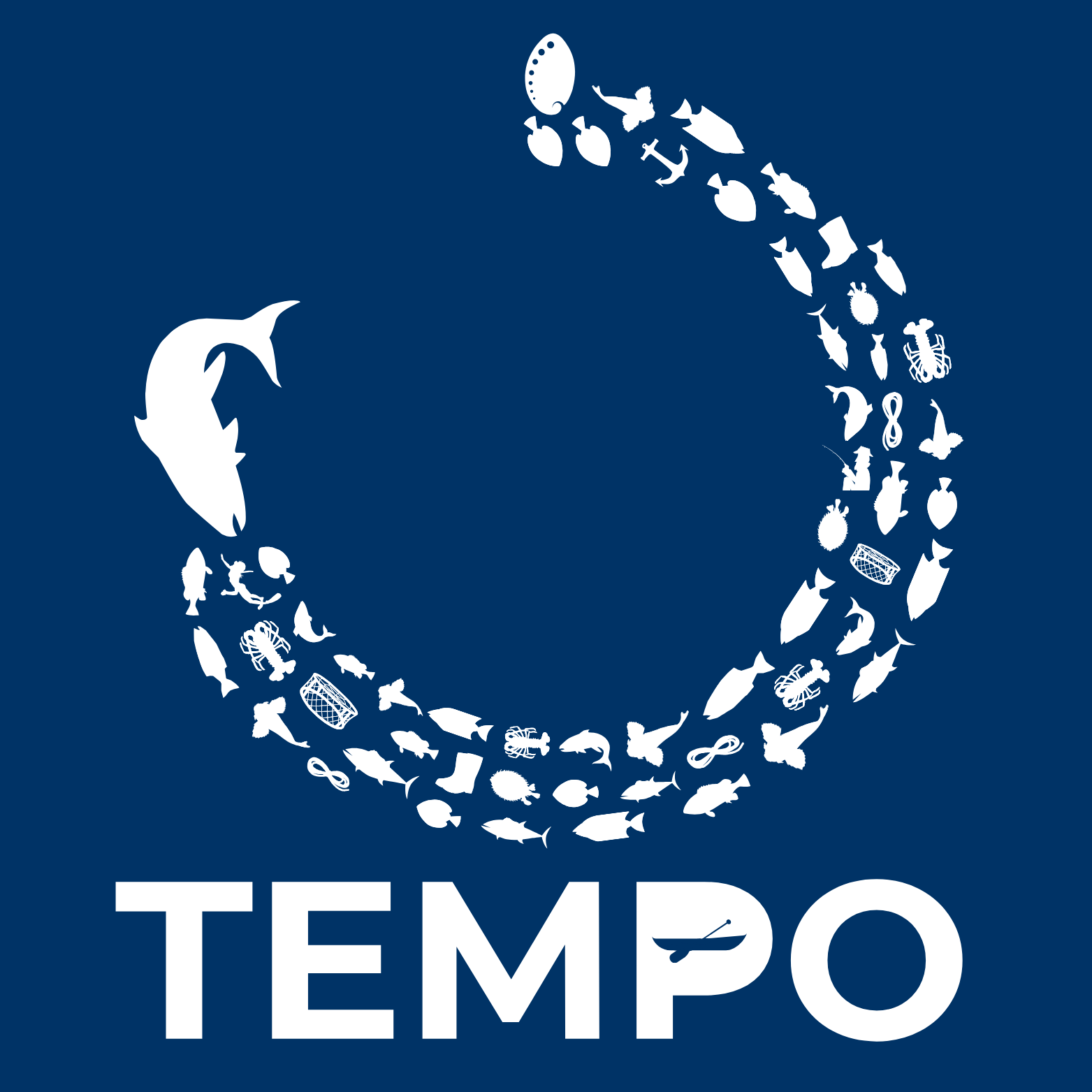TEMPO is a team of researchers and students who learn about temporary marine reserves through social-ecological science.
Fishery conservation has an active focus on permanent Marine Protected Areas (MPAs), but many fishing communities have implemented temporary or rotational protected areas. TEMPO recognizes a lack of scientific understanding of temporary marine reserves within small-scale fisheries research. We connect ecological and social science expertise to ask about interactions between the ocean and people; we refer to these as social-ecological dynamics. We start with these 4 questions:
-
In what social-ecological contexts do temporary closures emerge?
-
What definitions of success do key stakeholders (fishers, local NGOs, government managers) use when assessing these reserves?
-
How do different reserve designs impact the population dynamics of targeted food fishes, non-target species, and benthic habitats? What tradeoffs can we see between different design characteristics?
-
What social-ecological conditions and feedbacks are employed to justify, build consensus, and recruit support for those perceived outcomes? How do these feed into the decision-making process?

Inclusive Approach
We focus on two interpersonal dynamics where we can hold ourselves to a high standard of inclusivity: the relationship between research team members and our team's relations with actors in Mexico and Tahiti. We strive to include local practitioners in research design, data collection, and data dissemination.
Funding
TEMPO is funded by the National Science Foundation (NSF) subdivision of social-ecological research: Dynamics of Integrated Socio-Environmental Systems (DISES).
DISES calls for interdisciplinary research into dynamics, processes, and feedbacks in social-ecological systems.
